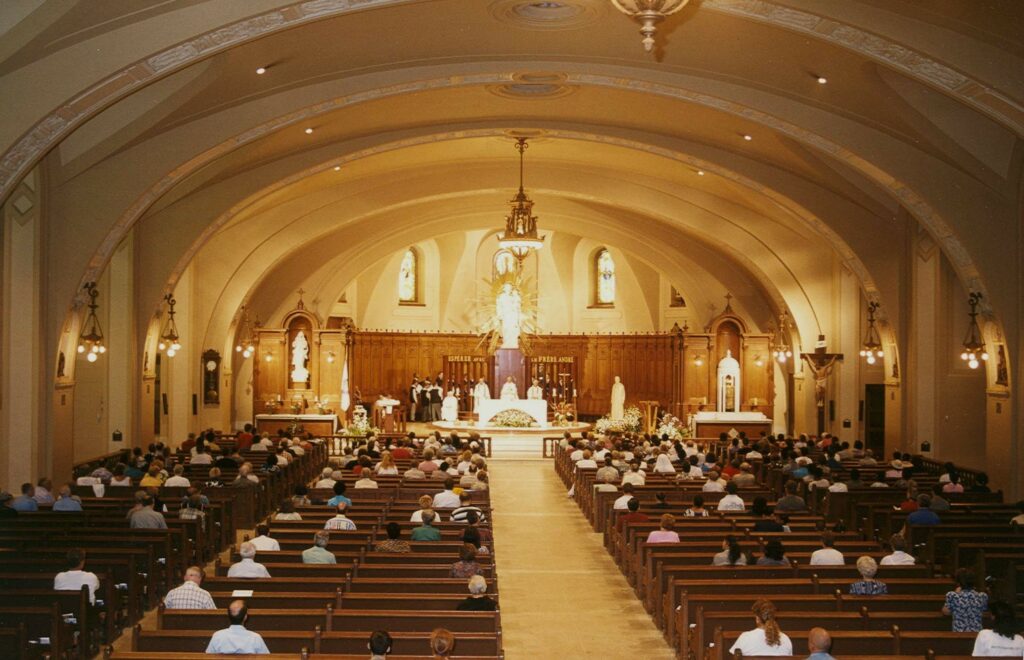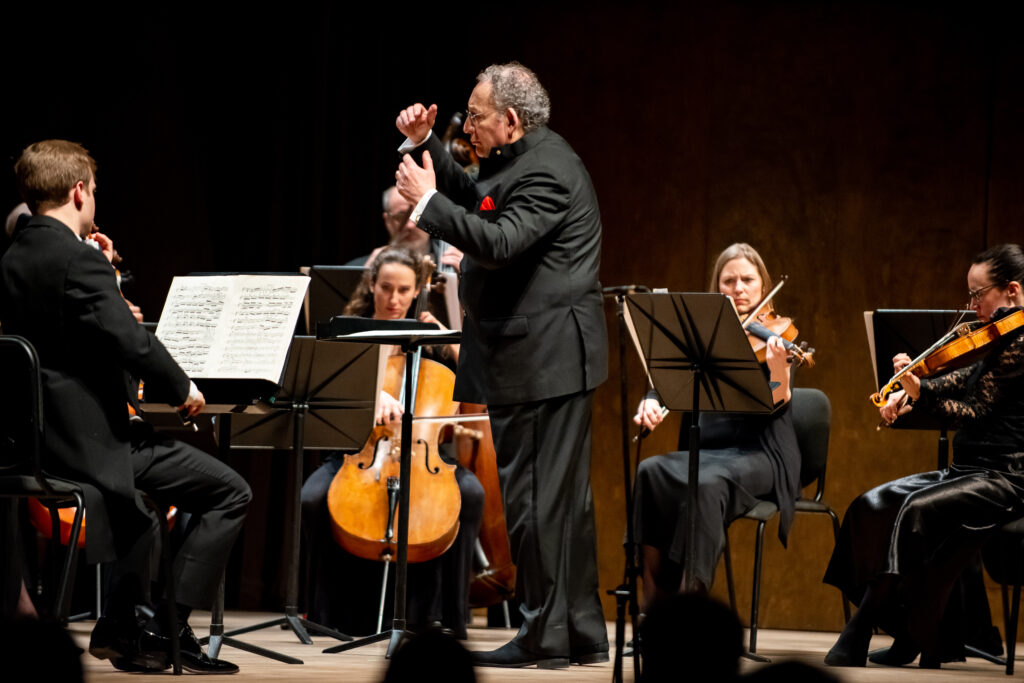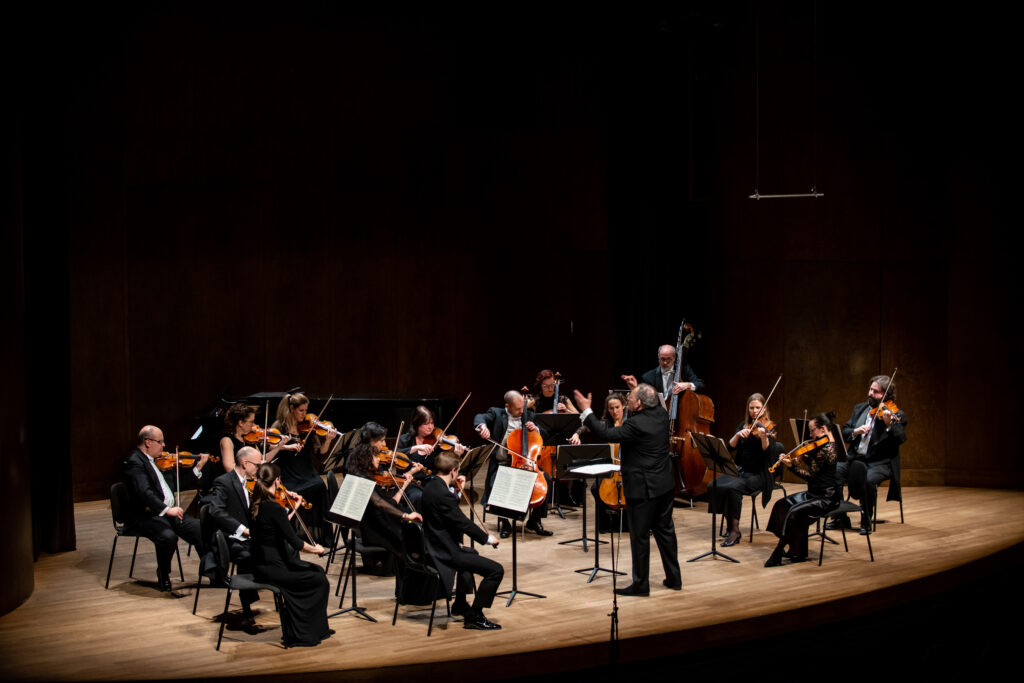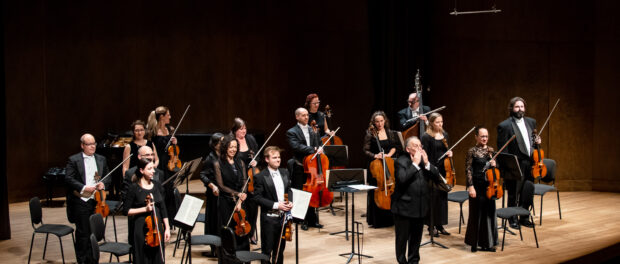Handel’s Messiah at the Saint-Joseph’s Oratory
The renowned oratorio, composed by George Frideric Handel in 1741, will be presented by the Orchestre classique de Montreal at St. Joseph’s Oratory. For the very first time, the performance will be held in the Crypt of the Oratory. Karan from Montreal Rampage spoke to the Artistic Director and Conductor of the OCM, Mr. Boris Brott.

Karan: What is so special about the Messiah that this production was chosen? And what is the significance of presenting it in the Crypt of the Oratory?
Boris: Messiah is one of the most important Christmas musical works within classical literature. It was written very quickly over thirty days by Handel, and has become a perennial in many societies. It is performed every year at either Christmas or Easter. Therefore, to perform this iconic work for the first time at one of the most important symbols of Christianity in Montreal is very special. The Crypt is a perfect venue both for its relative intimacy and its excellent acoustics.
KS: Can you speak to the relevance and/or the place of an oratorio piece that was written in 1741, first performed in 1742, in the modern world of 2019?
BB: Certain signal works are “classic” in the sense that they are performed regularly. In the case of Messiah this year will be the 277th since its creation. Whether it be music, plays or literature, no matter when they are performed, there is always something new that we can take from them. Classical works performed in the modern era especially allow us to take something new from it every single time. Religious devotion may have changed with time, but faith and people’s engagement with something greater than themselves remains an important part of our lives. I have conducted this piece over 50 times and every time is new for me. This time we are very lucky to have some of the most talented soloists in the world and the involvement of three choirs. So, this performance is unique from that standpoint as well.

KS: Historically Handel had written the Messiah for a more modest performance, how do you see the evolution of the piece to one of the most performed choral works?
BB: Yes the piece was supposed to be performed by a modest orchestra and for the most part we are going back to its original conception. Some parts of a piece are sung more effectively by a larger chorus, so we have 70 singers in total and then we have a small group of 16 singers inside that larger group. So for anything that requires rapid vocal technique or more agility, those parts will be sung by the smaller group of 16.
I would like to note that the augmentation to a larger orchestra is owing to the changes in the size of performance venues during the Victorian era. Choruses for Messiah were often as much as 200 singers. In some instances, conductors would even double the orchestra. We are trying to go back to the roots and be true to the piece by performing it with a small ensemble.
KS: Do you have a personal resonance with the piece?
BB: There is a reason why this was written for this time of the year: it is a piece that is very positive. In the darkest time of the year, it emphasizes light. The central chorus and meaning of the piece focuses on the idea of continued light, future, and resurrection. We need to have an emphasis on the future. We may not live in the middle ages, but it is still a dark time where people may be alone, contemplating about life. Messiah provides us with a positive message about life. There are many pieces within the composition that are part of our culture, something we may have learnt during Sunday school or heard on the radio or internet. There is a lot of familiarity in this piece.
Christmas is such a commercial business now, but it is still a religious story and message of light and peace. This is also very inclusive as a message of bringing together of people and into the promise of the future.

KS: Reflecting on the 80-year history of the OCM, which was founded by your father, what does this long history mean to you, both as a son and a conductor?
BB: Originally, it was called the McGill Chamber Orchestra; this is the first season that this new name is being used. I feel very positive, and the reason I got involved was because this is not just another gig for me. This is a mission to take the work of my parents forward. My mother was an immigrant and my father was a child of immigrants who came to Canada. We were a poor family, where for the first seven years of my life I lived in a single room of my grandparent’s home. But, with all their struggles, my parents set this up and it still exists after 80 years. My father conducted the orchestra until his death at 90 years old. I see it as a continuation of an important legacy.
Our challenge is to continue to grow the audience and to engage young people to this form of music. Classical music and its importance to the development of various skills is pretty well-researched, particularly attaching music to the social context. Therefore, I want to be part of this continued movement so that people can continue to have access to this music.
Handel’s Messiah will be performed at St. Joseph’s Oratory on December 8, 2019 at 3 pm. For tickets, visit here.






